European Commission reiterates its commitment to sustainable aquaculture
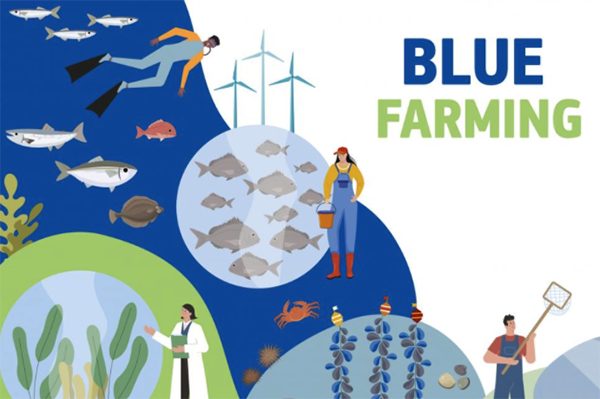
The European Commission late last week reaffirmed its commitment to sustainable aquaculture with the release of Blue Farming in the European Green Deal, a document that updates its agri-food policy overhaul from May 2021.
Last year’s Farm to Fork strategy recognized the role of sustainable aquaculture while the newest iteration outlines the path to competitiveness and resilience within the next decade. The details are provided in a six-page brochure available in all EU languages.
Europe’s governing body reports that, despite aquaculture’s rapid growth in much of the world, the same cannot be said of the industry on the continent. EU aquaculture production accounted for just 2 percent of global output and just 10 percent of overall seafood consumption in Europe in 2018.
“Nevertheless, sustainable aquaculture can help solve some of the most pressing issues we face today, such as ensuring food security, alleviating pressure on wild fish stocks and reducing the climate and environmental footprint of our food system,” it said in a release. “It can also provide consumers in the EU with even more diverse healthy and sustainable food products, including ‘superfoods’ like algae or invertebrates such as sea urchins.”
“Blue Farming” is a strategic vision for sustainable aquaculture production and consumption. The newly released document includes the benefits of aquaculture, an overview of the sector in Europe and how it is being developed, and a list of rules that aquaculture producers must adhere to.
“It is more important than ever to ensure that aquaculture in the EU grows in a way that also contributes to important objectives such as reducing of carbon emissions, transitioning to more sustainable food systems, reversing the loss of biodiversity, reducing pollution and creating jobs in coastal and rural communities,” it concludes.
Follow the Advocate on Twitter @GSA_Advocate
Now that you've reached the end of the article ...
… please consider supporting GSA’s mission to advance responsible seafood practices through education, advocacy and third-party assurances. The Advocate aims to document the evolution of responsible seafood practices and share the expansive knowledge of our vast network of contributors.
By becoming a Global Seafood Alliance member, you’re ensuring that all of the pre-competitive work we do through member benefits, resources and events can continue. Individual membership costs just $50 a year.
Not a GSA member? Join us.
Author
-
Responsible Seafood Advocate
[103,114,111,46,100,111,111,102,97,101,115,108,97,98,111,108,103,64,114,111,116,105,100,101]
Tagged With
Related Posts
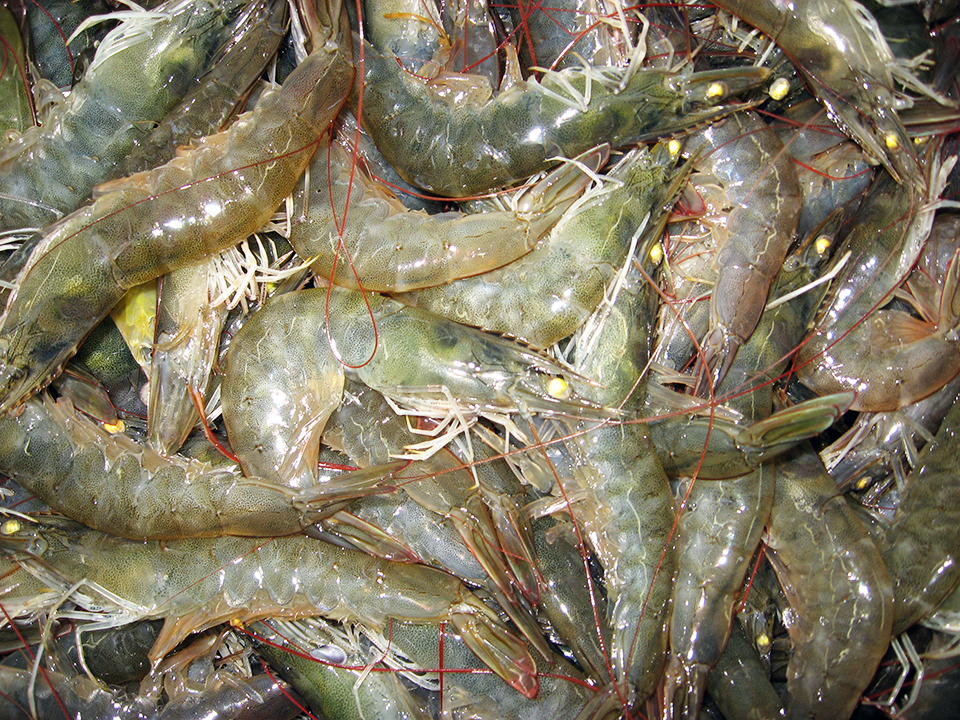
Intelligence
Europeans need a new shrimp narrative
Media coverage fuels negative perceptions of farmed shrimp among Europeans. A paper – similar to one on pangasius consumption four years ago – finds the sector is doing too little to rectify ill-founded notions.
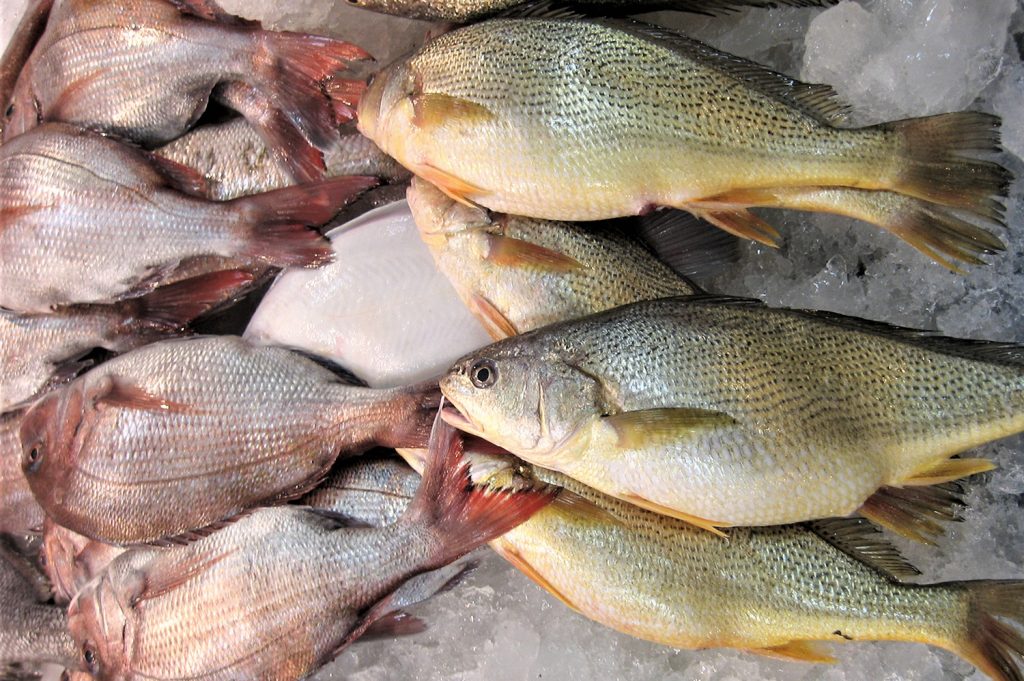
Health & Welfare
Opinion: OIE, the World Organization for Animal Health, needs seafood industry’s input
Author argues the OIE should regard all fish and shrimp products as safe for trade, regardless of the exporting country’s pathogen status.
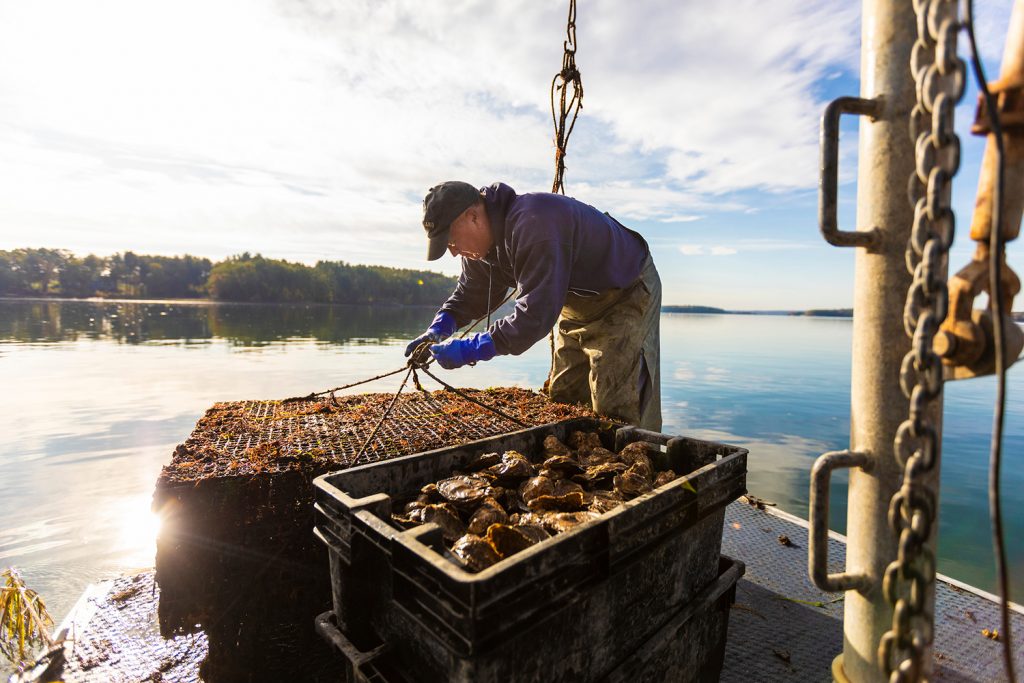
Responsibility
TNC: Restorative aquaculture can improve marine habitats, biodiversity
A report from The Nature Conservancy shows restorative or regenerative aquaculture can benefit ecosystems, marine animal habitats and biodiversity.
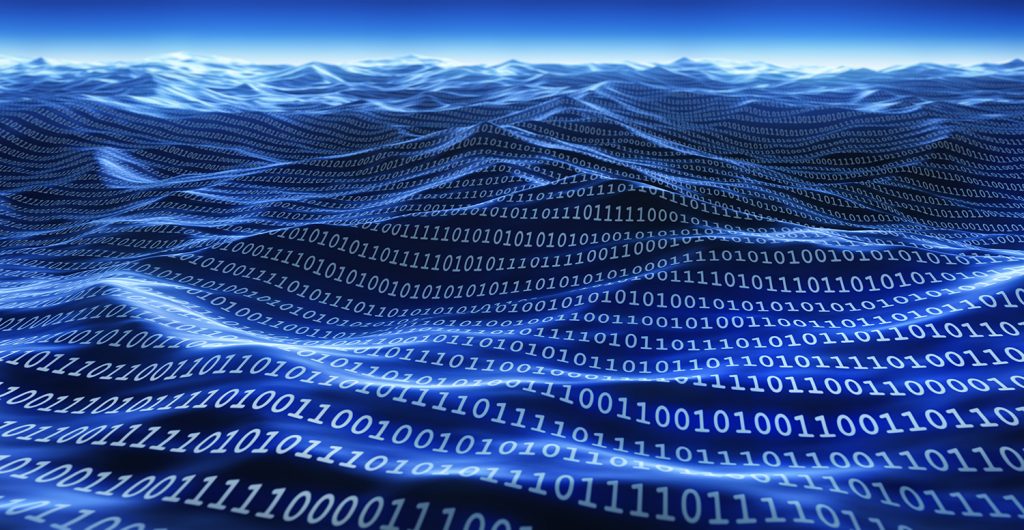
Fisheries
One ocean: Data drives effective fisheries management
Comparing fisheries of varying scale requires context, but when it comes to effective fisheries management, only one tool levels the field: data.



